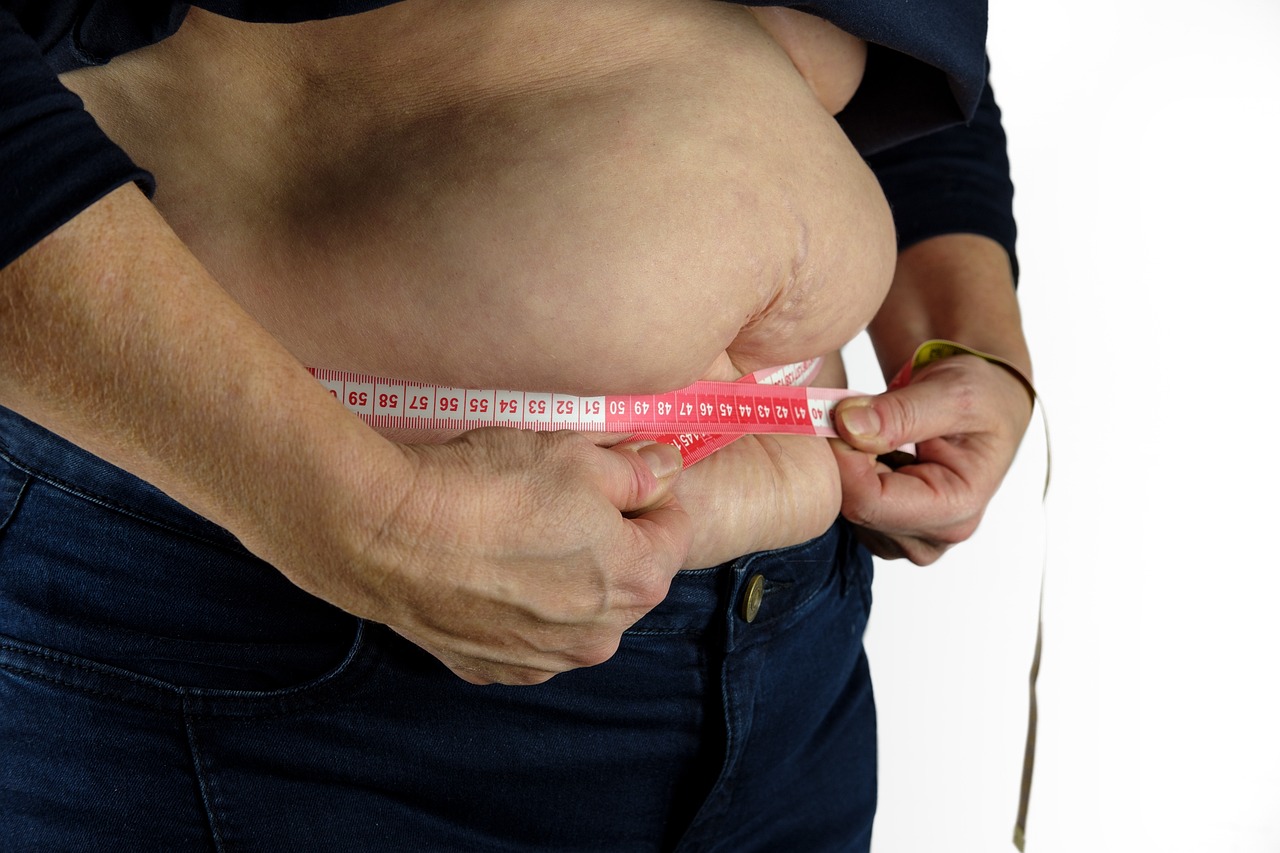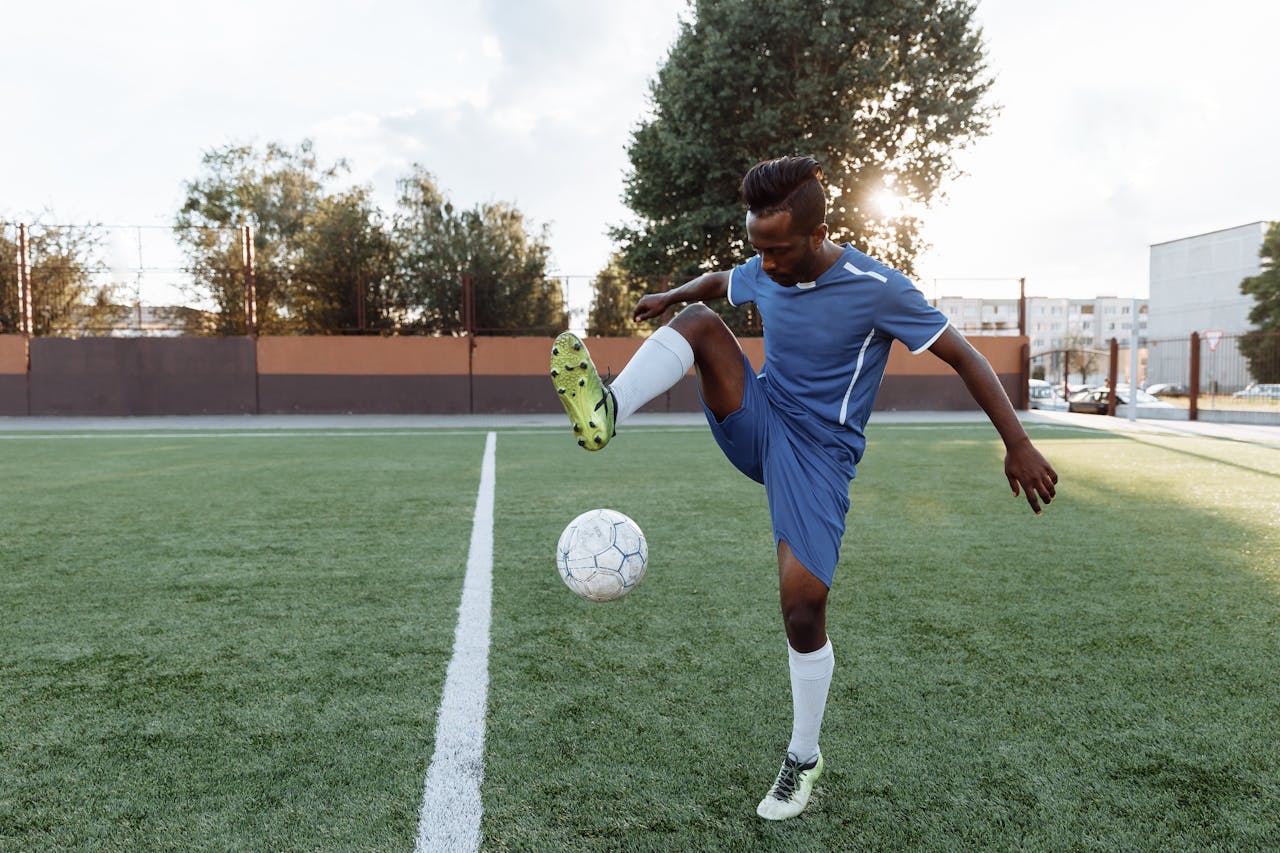No one wants to deal with diaper leaks. When they happen in public, at work, or at school, they can be a source of physical discomfort and embarrassment. The constant worry of possible diaper leaks itself is enough to keep you anxious and stressed to the extent that it interferes with your life.
That said, leaks are a major concern for people with incontinence. Such experience can affect one’s self-esteem, which is why fixing this issue is important. Luckily, there are many ways to prevent leaks, from choosing the right adult diaper to practicing good incontinence care techniques.
In this guide, you’ll discover the best strategies for preventing leaks to stay comfortable and confident. By the time you’re through with it, you’ll be better prepared to handle incontinence and feel more at ease. Let’s get right into it!
1. Choose the Right Type of Adult Diaper

Stopping leaks begins with choosing the right adult diaper that suits your incontinence type.
The condition usually ranges from light to moderate leaks, so you must pick a diaper with great absorption capacity to handle the fluids. Light incontinence might not cause much trouble, but you need a diaper with maximum absorbency if you’re facing heavy incontinence.
Considering that men’s and women’s bodies differ, not any diaper is ideal.
Therefore, go for quality adult diapers for men that are designed specifically for male with features like absorbent padding to reinforce protection against leaks. Such diapers are designed with leak-proof technologies like back and front barriers, tubes that evenly distribute liquids, and chemicals with up to 300x water absorption ability.
You can wear the more discreet ones when you anticipate light leaks, like during the daytime. Put on the heavy ones when going to bed to avoid soiling your bedding.
2. Wear A Diaper That Fits Properly
An ill-fitting diaper can actively contribute to leakage, so getting the sizing right is important.
Before making a purchase, get your waist and hip measurements and then pick a fitting adult diaper. You want to avoid a loose diaper that leaves spaces where liquid can escape while avoiding overly tight diapers that risk discomfort and overflow.
To ensure a good fit, go for diapers with extra-size adjustment features. These are usually designed with elastic waists and taps that allow you to adjust them to your size. As the day progresses, adjust the diaper to keep it in place, especially after a long walk or playing in the field.

3. Avoid Overusing Your Diapers
Overstaying with even the most advanced diapers increases the risk of leakage. Once the diaper is full, you must change it as soon as possible to avoid squeezing the liquid when moving. Besides the physical discomfort of a soaked diaper, it can cause skin irritation and an unpleasant smell.
Regular changing in the daytime is more manageable, and there are fewer chances of leaks. Most people find changing it at night challenging as it disrupts their sleep, but it’s advisable as it won’t take much of your time. Unless you have a diaper with super high absorbency, you might need to set an alarm to change the diaper.
4. Stay Away from Vaseline
Applying Vaseline to your skin after a diaper change might seem like a good skin-care practice for preventing diaper rash.
While Vaseline protects the skin, it can interfere with the diaper’s moisture absorption capability, resulting in leaks. So, you can switch it up with a more friendly option like barrier cream, which protects the skin without affecting the diaper’s absorbency.
5. Increase Absorbency with Booster Pads
For men facing heavy incontinence, adding a layer of protection using booster pads helps ease the leak problem. Booster pads are not meant to be used by themselves. Instead, they pair with incontinence management products like diapers to enhance their holding capacity. This way, you can keep yourself dry and stop liquid overflows.
6. Cut Fluid Intake

Drinking the right amount of water is advisable. However, too much fluid can derail your incontinence management using adult diapers.
So, you must reduce and monitor fluid intake, especially beverages like coffee and tea. Limiting fluid intake before going to bed will minimize disturbance and help prevent potential leaks.
Conclusion
Preventing leaks is not impossible for men with incontinence. By choosing products with high absorbency and following good practices, you can effectively eliminate leaks and enjoy comfort.
But don’t expect to get everything right from the start. For instance, finding the perfect incontinence products often takes trial and error. But no matter how frustrating the condition is, don’t give up; keep trying different brands and diaper sizes to find one that works for you.



